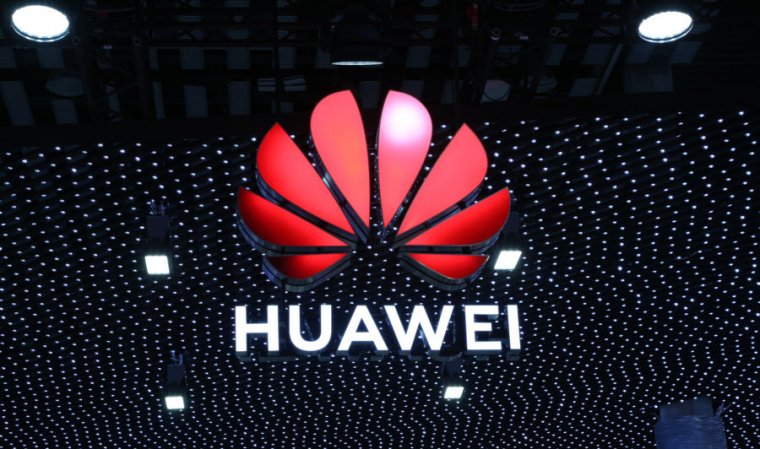
The Biden administration has found yet another way to tighten restrictions on Huawei and other Chinese companies that the US government has designated as national security threats. Both sides of the political aisle in the US have gone after the smartphone and networking giant, starting with the Trump administration in 2019. The latest restriction: there will no longer be special exceptions for network operators using Huawei's equipment.
The new law, called the "Secure Equipment Act of 2021," will require the FCC "to establish rules stating that it will no longer review or approve any authorization application" for "radio frequency devices that pose a national security risk." The law covers any company that lands on the list of untrusted companies, which currently covers Huawei, ZTE, Hikvision, Hytera, and Dahua Technology. The Federal Communications Commission previously banned US companies from using networking gear from these providers. It also ordered ISPs to replace any existing equipment, and Congress established a $1.9 billion equipment replacement fund, lovingly nicknamed the "Huawei Rip & Replace" program, to make it happen. Flying in the face of all this anti-Huawei action was the FCC's ability to approve exceptions on a case-by-case basis, and now this loophole has been closed.
FCC Commissioner Brendan Carr has been pushing for this legislation to pass, saying back in March, "Once we have determined that Huawei or other gear poses an unacceptable national security risk, it makes no sense to allow that exact same equipment to be purchased and inserted into our communications networks as long as federal dollars are not involved. The presence of these insecure devices in our networks is the threat, not the source of funding used to purchase them."
Read 2 remaining paragraphs | Comments
https://ift.tt/2regmfU
Comments
Post a Comment